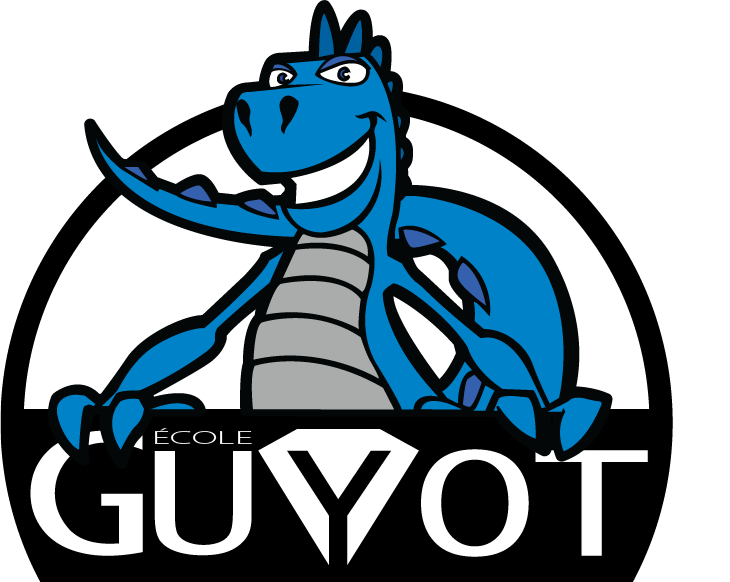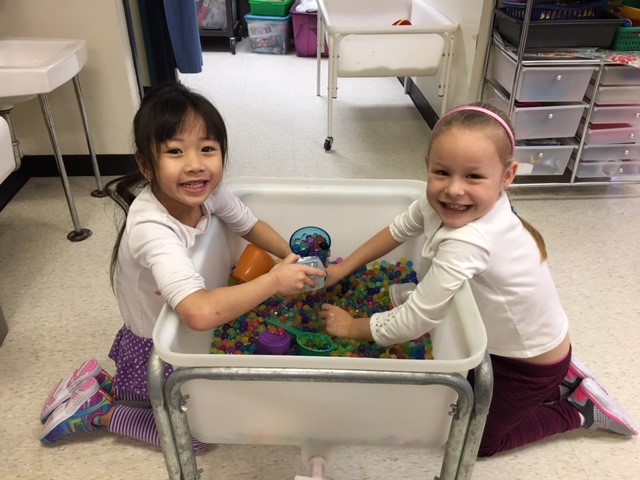Report to the Community
École Guyot Students Show Citizenship in So Many Ways
Education is no longer just about Reading, Writing and Mathematics. Today's schools are about far more than that. École Guyot's staff and students know the meaning of developing skills that will benefit not only ourselves, but those around us! Citizenship activities played, and continue to play, a key role in leading our students to discover that small gestures can make a difference in their own lives and the lives of others. Throughout the 2018-19 school year, our school community participated in many events that contributed to the development of these skills. A collection of new toys, as well as monetary contributions were collected in December and were shared with CancerCare Manitoba, where young children who are going through cancer treatment are given the opportunity to play and be a child while they wait for their treatments. We collected clothing and food for Winnipeg Harvest and Riel-Evate, helping children and their families dress warmly for the colder days and have food in their pantry and fridge to keep them nourished and warm. Through Grands amis/Petits amis, students share the gift of time by working on various projects together, thus creating a feeling of community within the school walls. Taking care of the environment is also a goal that we strive to reach, and our in-school composting program is alive and well! Students from Enviro-Guyot organized a community clean up and tidied up our beautiful school yard and surrounding area. As we continue to work toward being strong citizens, projects are being planned to enhance our commitment to making sure we are contributing in positive ways to our own futures.
Learning to Learn
Teaching and learning are evolving at all times. École Guyot staff, wanting to refine their practice when teaching Mathematical concepts, took a look at how Mathematics was being taught in our school. Over the course of the past two years, staff took a deeper look into the math curriculum to determine how they could maximize the teaching of the key concepts and have students develop a true understanding of these concepts. In colleague groups, the staff took apart their Math curriculum and chose the essential learnings that stood out in each grouping. These essential learnings then became the focus of the teaching in the earlier part of the year, thus giving students a chance to learn, revisit and learn again! By acquiring the critical concepts earlier in the year, students were able to gain a greater understanding of Mathematical concepts and had ample opportunity to work toward a better understanding if more time was needed. Staff returned to learned concepts throughout the year and were able to weave these big ideas into other lessons as new concepts were being learned.
In addition to effectively planning the delivery of the Math curriculum, teachers engaged students by using Math centers to work on specific concepts, large and small group learning times to further develop an understanding and open-ended questions to push the students' thinking. Developing a growth mindset for the student learner helped create an environment where risk-taking became part of the learning process.
Students are the Heart of the Learning Community
Participation is key to a feeling of belonging to the school community. École Guyot provides many opportunities for students to grow and flourish, while developing their own independence. Throughout the 2018-19 school year, students were invited to attend more than 10 lunchtime clubs provided by staff. The variety of school clubs provided students a chance to work on something they really enjoyed or learn something new. From chess club, to Lego club, to book club, students were given ample opportunity to explore different options. The clubs were well attended, and students worked together to create the desirable ambiance for success.
Students throughout the school learned about self-regulation and strategies/tools to use to help them manage their emotions. Big Brain, Little Brain was introduced in all the classes, providing students a common language to discuss big feelings. The Big Brain (Prefrontal Cortex), also known as the "wise leader" helps with decision making and helps us make good, well balanced choices. It also sends and retrieves memories. The Little Brain (Amygdala), also known as the "alarm center" helps us act on instinct and is usually accompanied by big emotions such as anger, fear and anxiety. When the Big Brain and Little Brain work together, students and adults are able to make more rationale, well thought out choices or decisions. Strategies and tools were introduced to the students and hearing the common language in the classrooms and hallways demonstrates that these skills are being fostered.


